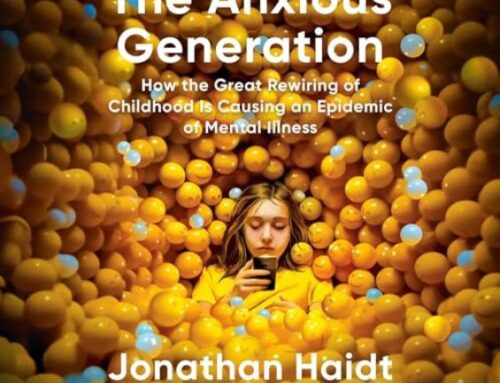Thanks to laser-sharp marketing geniuses who regard the perfect moviegoer as a comics-reading teenager with no memory whatsoever of any film made before 2001, feature film production has slipped into only occasionally lucrative irrelevance. As if to compensate, the lowest end of the film production market – documentaries, made for little money with even less expectation of a profit – is managing to provoke and entertain with ever more improbable consistency.
The best feature documentary I’ve seen in the last year is The Queen of Versailles, a portrait of a billionaire’s wife, a woman whose kind you might think you’ve seen enough of in reality TV franchises whose titles begin with the words “Real Housewives of …” and whose subjects come from the very contemporary world where Henry James intersects with Jerry Springer.
The titular queen of director Lauren Greenfield’s film is Jackie Siegel, the wife of David Siegel, founder and CEO of the largest time-share company in the world. Greenfield’s film begins with the Siegels at the top of their world, living in ostentatious luxury as the proceeds of Siegel’s Westgate Resorts pour in on a tide of cheap credit just before the bubble burst on all that bad risk in 2008. The bulk of the film follows the Siegels as they try to live within a budget that most of us would consider more than ample to support a lifestyle a fraction as luxurious.
Versailles is the home the Siegels are building as the boom busts – a 90,000 square foot mansion modeled on both the French palace and the Paris Las Vegas Hotel just across from the resort tower Siegel’s company built just before the credit bubble burst. It’s unfinished when the film begins, a cavernous shell that remains empty for the rest of the three years Greenfield spends with the Siegels, as David lays off employees and struggles to find more money for his company while Jackie tries to run her already massive househould and raise eight children with only a half dozen Filipino nannies as staff.
It’s tempting to dislike the Siegels, but Jackie makes it hard; she has a guilelessness you don’t associate with the wealthy, and an eagerness to please that verges on pitiful. She admits to Greenfield’s camera that, if she were raising her children on her own, she’s only have had one or two, but that once she discovered nannies she just couldn’t stop having them. She’s like a junkie addicted to the warm bath of unconditional love a child gives her, and when that love became harder to elicit as the child grows older, she simply made another.
Jackie isn’t stupid, though. She grew up newly-minted middle class in upstate New York and got a degree in computer engineering before deciding that her youth and beauty would pay larger dividends, a gamble that clearly paid off when, after one bad marriage, she met and married Siegel, 30 years her senior and a man who brags that he loves beautiful women, and whose principal charitable activity is the Miss America Foundation.
Privilege seems to have anaesthetized her intellect, however. Visiting her hometown after flying commercial for the first time in years, she asks the clerk at the Hertz car rental counter where to find her driver, having apparently forgotten that, for most people, cars have to drive themselves. Afflicted with what would, in a poorer person, be called hoarding, she takes the camera and nannies along with her on a binge-shopping spree at Walmart, absentmindedly filling countless shopping carts with Christmas presents that her children later open with only vestigial signs of gratitude.
The moral writ large over The Queen of Versailles is that the Siegels aren’t terribly different from Westgate Resort’s customers – regular people who went in over their heads in pursuit of a conspicuous luxury that they could ill afford. David keeps complaining that the banks got businessmen like him addicted to “cheap money,” as if they were victims, addicts deprived of willpower and discretion.
It’s also a story of shamelessness, and that might be the larger moral Greenfield’s film could give to its audience. Despite the less-than-flattering picture the picture paints of her, Jackie has been an enthusiastic supporter of the picture, showing up at premieres even as her husband sues the filmmaker for defamation. The Siegels, to be sure, are guilty of a lot of social misdemeanors, but pretention and self-consciousness certainly aren’t among them.
This lack of self-knowledge gives the film its most bitter, poignant moment. As her husband’s financial woes increase and he seems to slip into an occasionally hostile depression, Jackie latches onto the stock mantra that their troubles are just strengthening their relationship.
But when asked if his marriage gives him comfort, Siegel barely pauses before saying no, and adds that in many ways his wife is like having another child. It’s hard to imagine anyone with healthy self-respect enduring this revelation without questioning their whole life, but then you remember that we live in a society almost wholly unacquainted with shame, and like Jackie, in thrall to the brief consolations of cheap money.





